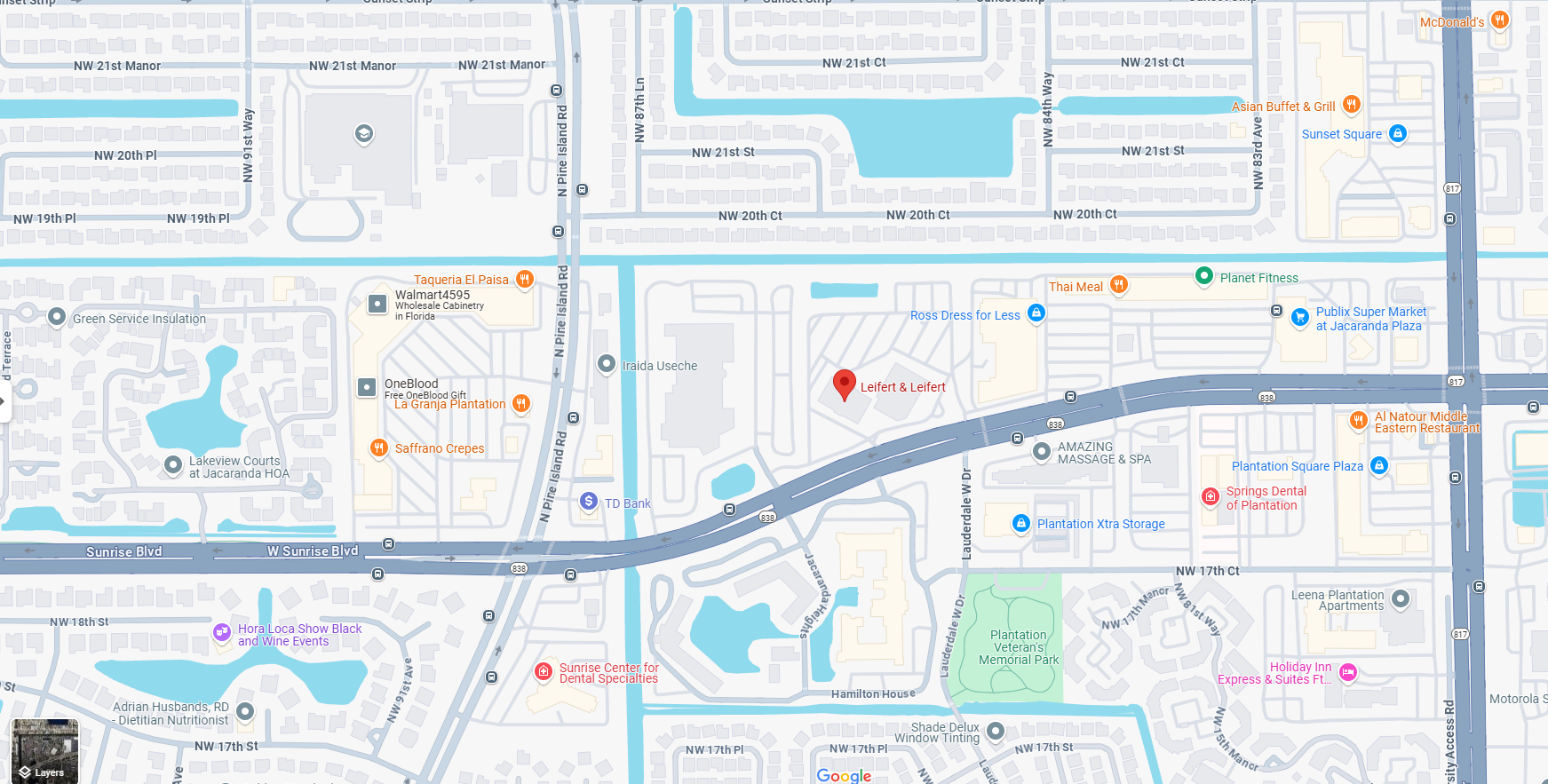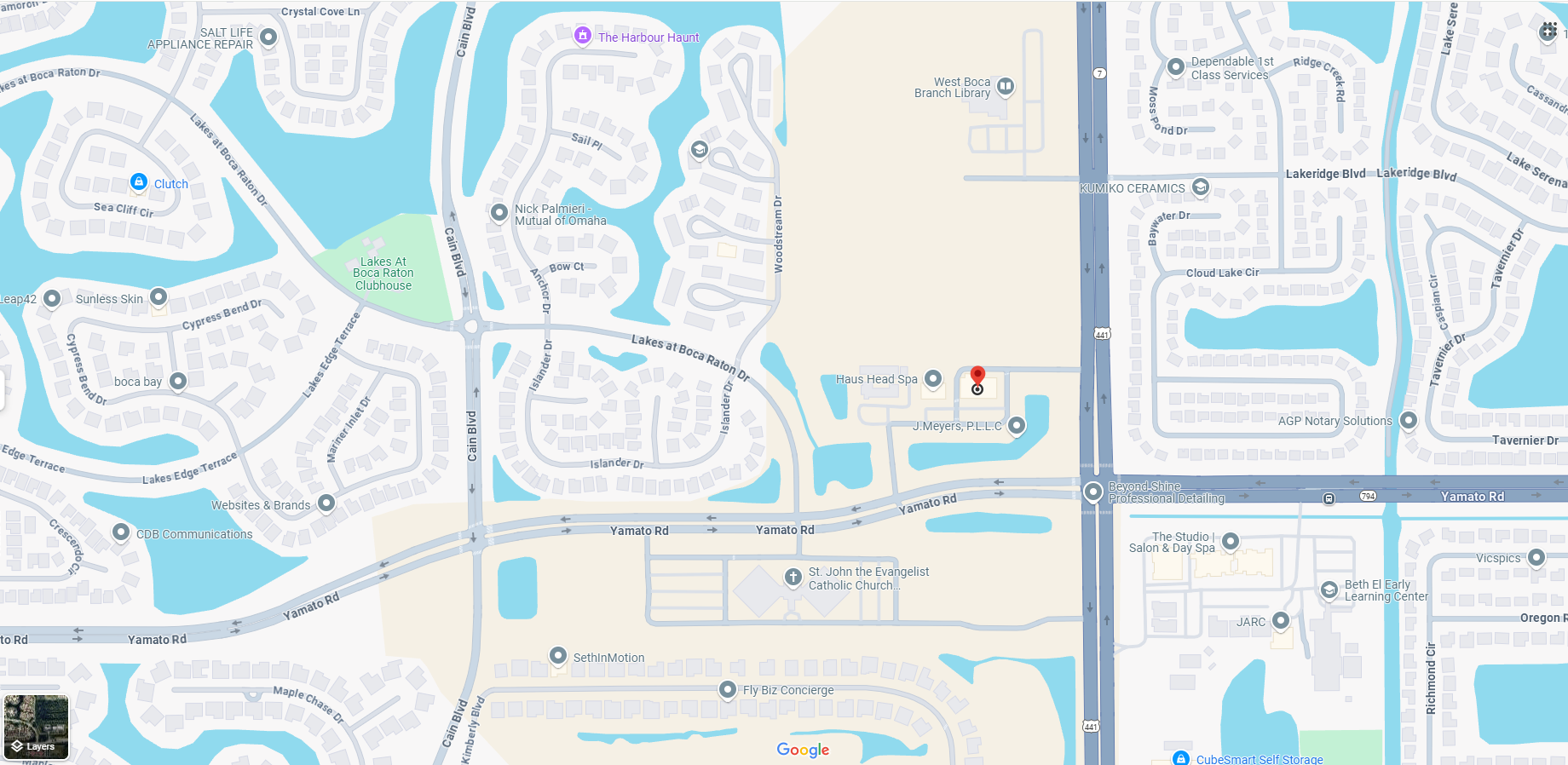Speeding is a common offense that could carry significant consequences. Not only could a person have points added to their license, but they may be required to pay an expensive fine in addition to having a speeding conviction on their criminal record.
One way to avoid a speeding accusation is to familiarize yourself with the common facts about speed limits. By consulting with one of our Attorneys at Leifert & Leifert, you may be able to learn about the truths and myths associated with speed limits in Fort Lauderdale. Continue reading below, or for more specific questions and answers, call us today.
Perceptions Behind Driving 10 MPH Over the Speed Limit
Legally, drivers are not allowed to drive over the speed limit by ten miles per hour or by ten percent plus two miles per hour in Fort Lauderdale. However, it depends on the particular officer and how they are trained. Nothing is perfect, so there are certain degrees of error. It is in the officer’s best interests to give the driver a little cushion to avoid any argument.
Most officers use this practice, but it is not required. It is just common practice that an officer is not going to cite someone for going 31 in a 30. They are going to utilize a higher number and let them get up to a higher speed for that reason. Keep in mind that not officers are the same, and the circumstances of the offense could also play a role in whether a person gets charged with a speeding offense.
Highest Speed Limits in Fort Lauderdale
There are several risks associated with driving over the speed limit. A speed limit accusation leaves a blemish on a person’s record with a potential increase in insurance rates. In addition, some employers look at driver’s license records more and more as a gauge to determine whether somebody could follow the rules and is trustworthy.
There are also peripheral and collateral risks associated with racking up too many speeding tickets on their record. If a person has many tickets on their record, it is important that they contact an attorney to look for ways to get the case dismissed or minimize the damage so that these types of allegations do not follow them for years down the road.
Justified Acts of Speeding
Although speeding is against the law, there are some circumstances that may make the Court take a lenient approach to a person’s case. For example, if a person was speeding because they were experiencing a medical emergency, being chased by somebody, trying to get to a safe place, or mental infirmities, they may be able to have their case mitigated if the case is taken to trial. Drivers looking to be excused for their speeding offense should expect the Court to examine their case thoroughly to ensure that they are telling the truth. If an accused driver’s account checks out, then they may be able to receive a reduced penalty for their offense.
Speak with a Trusted Attorney Today
There are many speed limit laws that could cause confusion amongst some drivers. For example, many drivers are under the assumption that law enforcement does not focus on drivers who are driving 10 mph over the limit. However, that is not the case, and these circumstances are usually judged on a case-by-case basis. In addition, a person may experience alternative consequences for receiving one too many speeding tickets, such as difficulty securing employment.
To learn more about theses common facts of speed limits, speak with one of our Attorneys at Leifert & Leifert today. By scheduling a consultation, you may be able avoid a speeding conviction.







